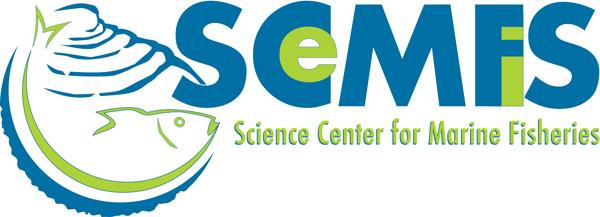May 23, 2022 — Signs of support for offshore wind power abounded outside of Indian River High School Friday.
Inside, it was just the opposite.
Waves of skepticism and opposition followed presentations by representatives of US Wind and Ørsted, two companies that have obtained leases for proposed offshore wind projects in federal waters off the Delaware/Maryland coast.
Topics of concerns included detrimental impact on marine and migratory bird life, the local fishing industry and numerous natural resources, as well as marine safety and unobstructed viewshed.
The fishing industry – recreational and commercial – would take a huge hit, says Meghan Lapp, a fisheries liaison for Seafreeze Ltd. in Rhode Island. She addressed the panel and audience by Zoom.
“What you are looking for in wind farms from a commercial fishing perspective is essentially a complete loss of fishable areas for the next 30 years, which is going to be the career and the lifetime of the fishermen that are out there right now,” Ms. Lapp said.
Bonnie Brady, executive director of Long Island Commercial Fishing Association in Montauk, New York, said sonar from site surveying and electromagnetic frequency through cables will result in long-term migratory changes that will have a detrimental impact on marine life, including several endangered species of whales.
“It will change the ecosystem of the area,” Ms. Brady said.

